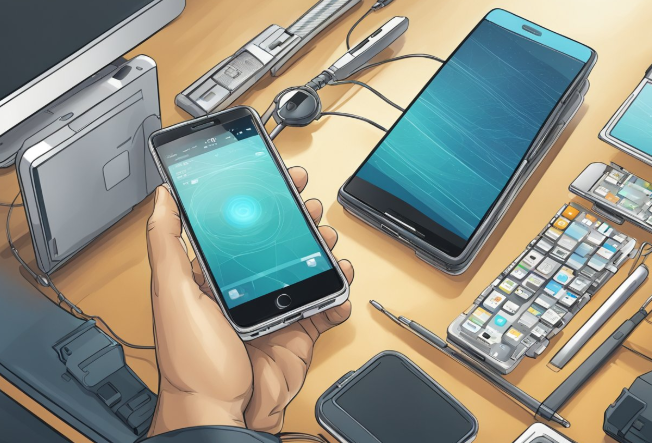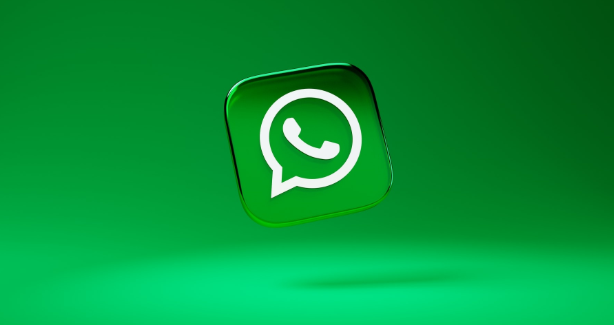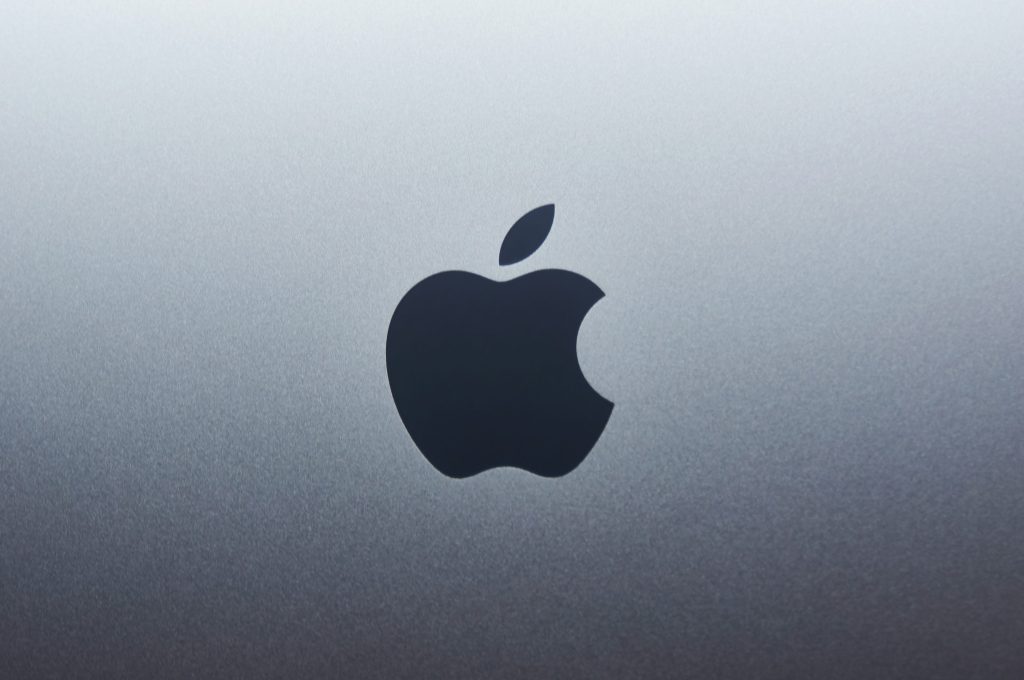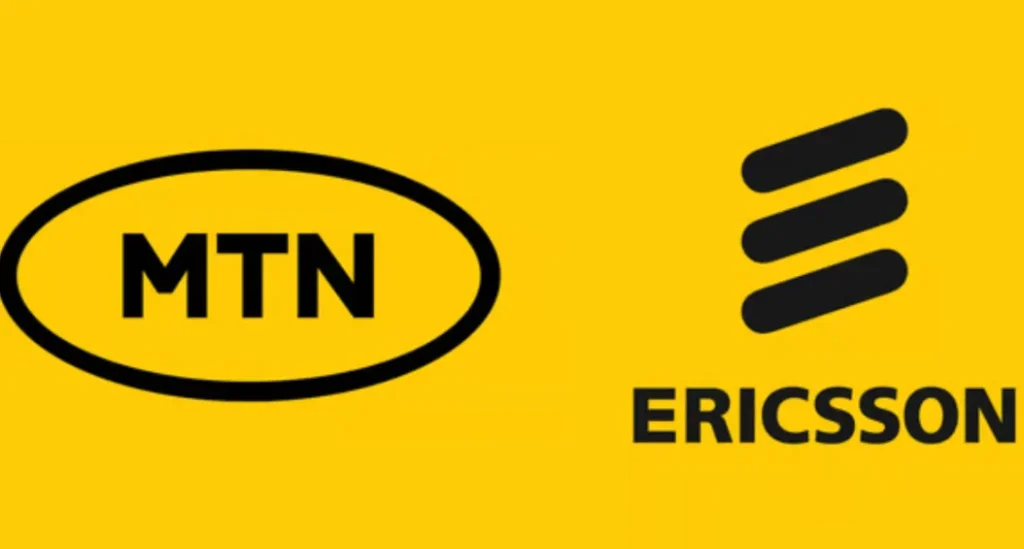The Future Beyond Smartphones
For nearly three decades, smartphones have been the centerpiece of modern technology, evolving from basic communication tools to devices that manage nearly every aspect of life, from work to entertainment. However, a major shift may be on the horizon, and your smartphone might not be as essential as you think.
Recently, Mark Zuckerberg made a bold prediction that could redefine how people interact with digital information. According to him, smartphones may soon take a backseat as smart glasses become the primary tool for accessing the digital world. If his vision becomes reality, this change could mark one of the biggest technological transformations in recent history.
The Declining Dominance of Smartphones
Smartphones have long been a staple of everyday life, but signs suggest their reign could be weakening. Many users now experience screen fatigue, constant notifications, and the hassle of carrying a handheld device everywhere. These frustrations are leading to a growing interest in hands-free alternatives, particularly augmented reality (AR) technology.
Tech industry insiders believe the next major innovation won’t be focused on improving the smartphone but rather on replacing it entirely. Zuckerberg envisions a future where digital content seamlessly integrates with the real world through smart glasses, eliminating the need to pull out a phone to check messages, read news, or navigate city streets.
The Rise of Smart Glasses: A New Digital Interface
The concept behind smart glasses is simple yet revolutionary: instead of looking down at a screen, digital information will be overlaid onto the real world in real time. Zuckerberg believes that within the next ten years, people will rely more on lightweight, AI-powered smart glasses than on traditional smartphones.
Imagine a world where texting, making calls, checking notifications, or even getting directions can be done without ever pulling out a device. With smart glasses, navigation instructions could appear in your field of vision as you walk, restaurant reviews could pop up when you look at an eatery, and translations could be instantly displayed as you hear a foreign language.
The Challenges of Replacing Smartphones
Despite the promising vision, smartphones won’t disappear overnight. The transition to smart glasses as the dominant device will require overcoming several technological hurdles.
Current smart glasses still face limitations in battery life, processing power, and privacy concerns. Many existing models are bulky and have short battery durations, making them impractical for all-day use. Additionally, users have raised concerns about the potential privacy risks of constantly wearing a device that can record and analyze their surroundings.
A Glimpse Into the Future
History has shown that when a new technology provides a more convenient alternative, major shifts can happen. Landlines were once a necessity until mobile phones rendered them obsolete. Flip phones were the standard until smartphones took over. If smart glasses live up to their potential, smartphones could follow a similar path—not disappearing entirely but becoming secondary devices.
Whether this shift excites or concerns you, one thing is certain: the way people interact with technology is about to undergo a dramatic transformation. The next decade could bring innovations that redefine the digital experience, making today’s smartphones a relic of the past. The question is not if this change will happen, but when.












